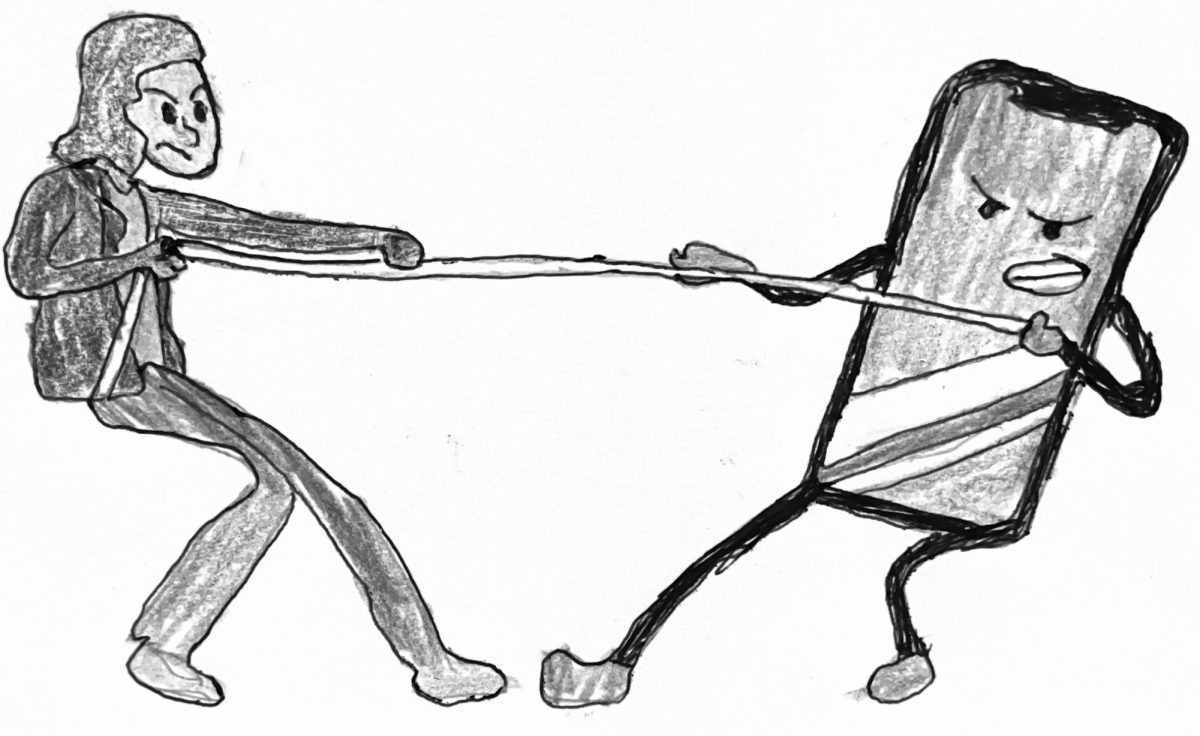Newly Found Knee Ligament Gives Hope to Injured Athletes
Senior Luke Englebert injured his ACL during his Cross Country race this season. Englebert is optimistic about the ALL discovery.
January 9, 2014
This past October, orthopedic surgeons from the University Hospitals Leuven in Belgium discovered a new ligament during a knee dissection, as reported by the Journal of Anatomy. The ligament, the Anterolateral Ligament (ALL), should be able to help doctors understand more about how the knee works and can be extremely crucial for Anterior Cruciate Ligament injuries (ACL).
Dr. Steven Claes and Dr. Johann Bellemans, along with fellow colleagues, gathered over forty knee joints from human cadavers and dissected them to understand more about the knee. These doctors also wanted to determine why numerous patients, after having been treated for an ACL injury, would later report that they still had episodes of the knee “giving out” just after surgery. They then confirmed the existence of the ALL ligament, which a French surgeon in 1879 first hypothesized to exist.
The ALL is reportedly used to stabilize the knee, but can contribute to many knee injuries due to its fragile state. Researchers discovered that the ALL runs from the outer side of the thigh bone to the shin bone and may play an imperative role in how athletes twist their knees and switch direction.
An ACL injury is unfortunately common among athletes and, according to the American Academy of Orthopaedic Surgeons, occurs when athletes change direction quickly, stop suddenly, slow down when running, land from a jump incorrectly, or suffer a direct collision. ACL symptoms range from swelling or loss of motion to severe pain and tenderness in the joint. ACL injuries have different levels of severity. The first grade injury occurs when the sprain becomes stretched, a grade two injury results in the sprain becoming loosened, and a grade three injury is where a sprain or ACL tear erupts.
There are many athletes at CHS who have suffered ACL injuries. One of them is Senior Luke Englebert, who had excruciating pain when his ACL was torn. Englebert was injured while playing soccer. He was lucky enough to not need surgery. However, Englebert regrets not allowing his injury to fully recover because while running during his cross country, his knee gave out. Englebert did not know much about the ALL, but later understood the importance.
“I think that the ALL ligament recently found is amazing if it can help rehabilitation efforts on ACL progress; this discovery is astounding,” Englebert said.
Englebert had much support through his ordeal from his coaches, family, and friends. He now performs knee exercises to strengthen his knee and wears a knee brace.
“I believe that any athlete with this type of injury should listen to their doctors’ orders for the best recovery,” Englebert said.
The ALL that was recently found is still not fully understood at this point. However, the ALL will allow doctors to learn more about how the knee works and will help them learn more about treating different types of knee injuries in the future. This will enable athletes like Englebert to have a better recovery.









